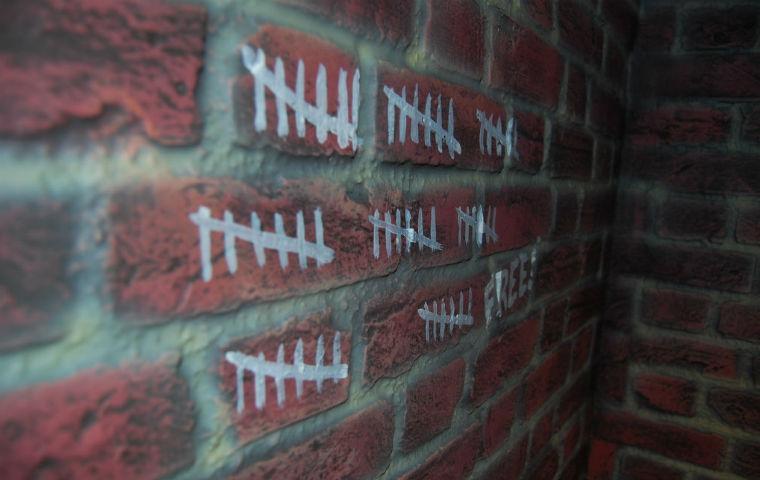
Bad Boys? SCU Law Class Tackles California's Bail System
Is the system of bail in California inherently unjust for poor people? Is the commercial bail industry “double dipping” by misrepresenting its role in the system and collecting both from defendants and the county? Do prosecutors use the current system as a way of forcing unfair sentences or plea bargains on defendants?
These questions are all topics being researched by 15 students taking Criminal Law and Policy at Santa Clara University School of Law. They are posting their findings at crimlawandpolicy.wordpress.com.
Students have uncovered data including the fact that the median, nonrefundable bail fee is $1,500 – more than a month’s rent for most defendants. Also, people arrested for misdemeanors and who can’t afford bail stay in jail awaiting trial for a median of 44 days – almost assuring that they will lose their jobs and make the situation worse.
Students also noticed that jails are awash in one-sided advertising by bail-bond companies advertising their services to “get out now,” with no education that misdemeanor defendants are by law entitled to be released on their own recognizance (OR) unless their release would compromise public safety or not reasonably assure the appearance of the defendant. The students have begun outreach to let defendants know that they may be eligible for OR release.
The students’ findings are being shared with the ACLU’s task force on bail reform, and on April 19, several students will join the professor of the class, David Ball, to present their research findings to Santa Clara County’s working group on Bail and Pretrial Release.
It’s part of a push by Prof. Ball to turn his class on Criminal Law and Policy into hands-on opportunities for his students to provide practical research on real legal reform issues. Last year his student’s work on marijuana policy issues was cited and incorporated in the final report of the California’s Blue Ribbon Commission on Marijuana Policy.
“The system of bail in many counties is designed to move people through the system, not support justice for people who are innocent until proven guilty,” says Ball, who is also co-chair of the Corrections Committee of the American Bar Association’s Criminal Justice Section and a member of the advisory board of the Bill of Rights Defense Committee. “My students are finding that issues such as the automatic imposition of bail or hidden costs of bail contracts are often stacked against defendants, and make bad situations far worse. We’re glad to contribute to those shining a light on issues that are rarely questioned.”
Photo by David Locke, Flickr Creative Commons